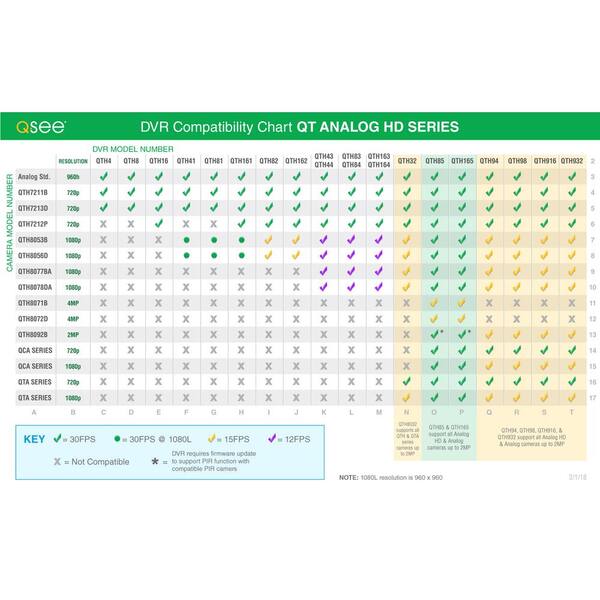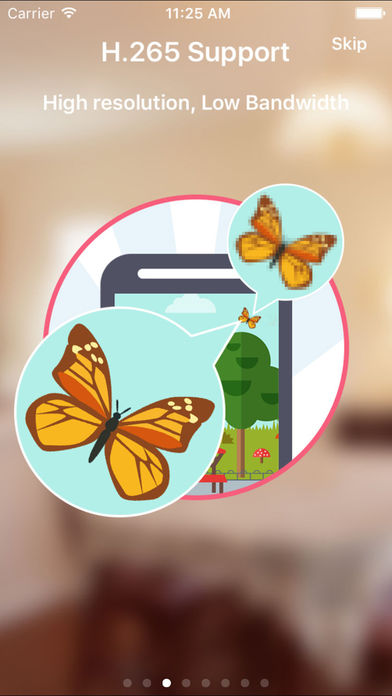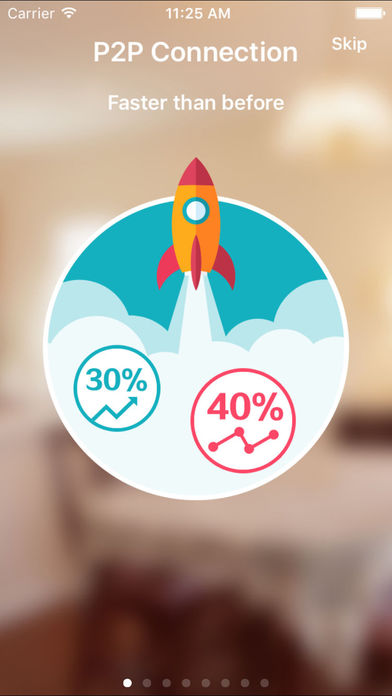

You should also know that if you don’t explicitly specify that you accept the event like below In our example we have accepted the event and all is working as expected : the widget is closing when we click on the X icon. When you ignore the event by calling ignore() on your event parameter, you’re telling the Qt framework that you’re rejecting the event, and it will try to find other ways to handle the event if possible. When you accept the event, by calling the accept() method on your event parameter, you’re signaling to the Qt framework that you have dealt with the event and it won’t try to handle it in any other way. When you handle an event like we just did, you have the option to ACCEPT the event, or to IGNORE the event. QDebug() accept() line we have in our event implementation. Void Widget::closeEvent(QCloseEvent *event) You should start off with your widget header class looking something like below Start off by creating a Widgets application in Qt Creator, I prefer to use QWidget as my parent class, but QMainWindow will also work just fine. From there, we’re going to explore more ways you can use events in your Qt applications. We’re going to start off by showing you how you can play around with events for the QWidget class. There are different ways you can use events in you Qt applications. That’s right ! The clicked() signal of QPushButton for example, is emitted somewhere deep in the implementation of some mouse events for the QPushButton class.The most popular use for events I am personally familiar with is when building completely custom widgets, or deeply customizing existing ones.

And if you look deep, the signal and slot mechanism in Qt is itself powered by events. Something happens, a signal is emitted, and if interested in that signal, you connect it to your slot and respond however you want in the implementation of your slot.Įvents are different in that they allow you to do much more low level things that deeply affect the behavior of your objects. Signals /Slots allow you to respond when something happens after all. The purpose of events is somewhat the same as for signals and slots. I know some of the things are not clear by now, but bare with me, we’re going to explain more as we move forward and by the end of the guide, most of this stuff is going to make sense. It looks at the type of the event in question ( Event::Type), and calls the most appropriate event handler ( mousePressEvent, mouseMoveEvent, keyPressEvent,…) and returns true or false, based on whether the event was accepted or ignored. The event() method doesn’t handle the event itself. Qt delivers the event by calling the event() method of the target object ( mostly widgets). When an event occurs, Qt constructs an appropriate instance of a QEvent subclass. For example, if I want my button to turn green when the mouse is hovering on top of it, you can use events to do that, and that behavior is not going to depend on any other object used with our button.Įvents can either be generated from within the application or as a result of some external activity. They are very useful for building event related features inside your objects, that you do not want to depend on other objects in the application. They are a low level mechanism allowing you to control the look and the behavior of your classes and objects, especially widgets. For example there is an event for when someone clicks on a button : QMouseEvent, an event for when one of your widgets is resized QResizeEvent, an event for when your application is closed QCloseEvent and so on.




 0 kommentar(er)
0 kommentar(er)
